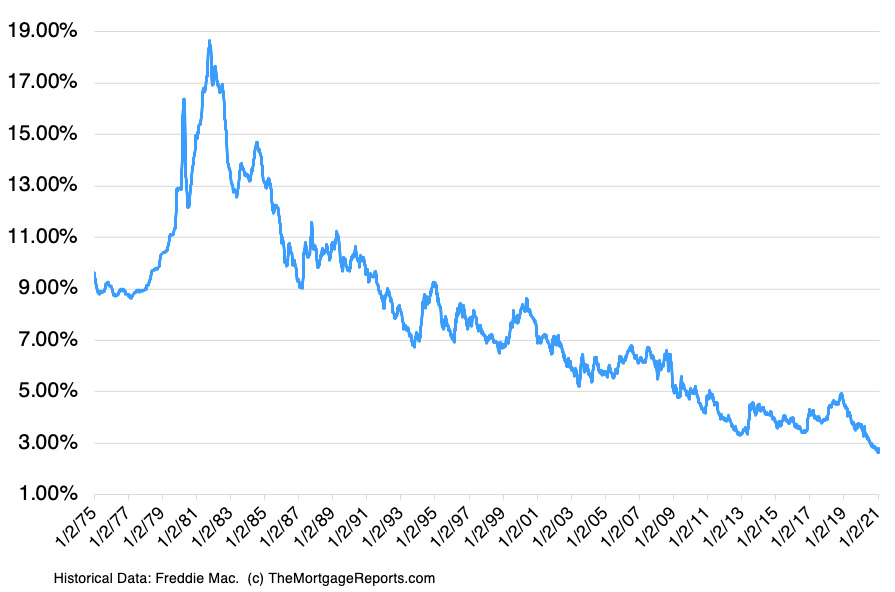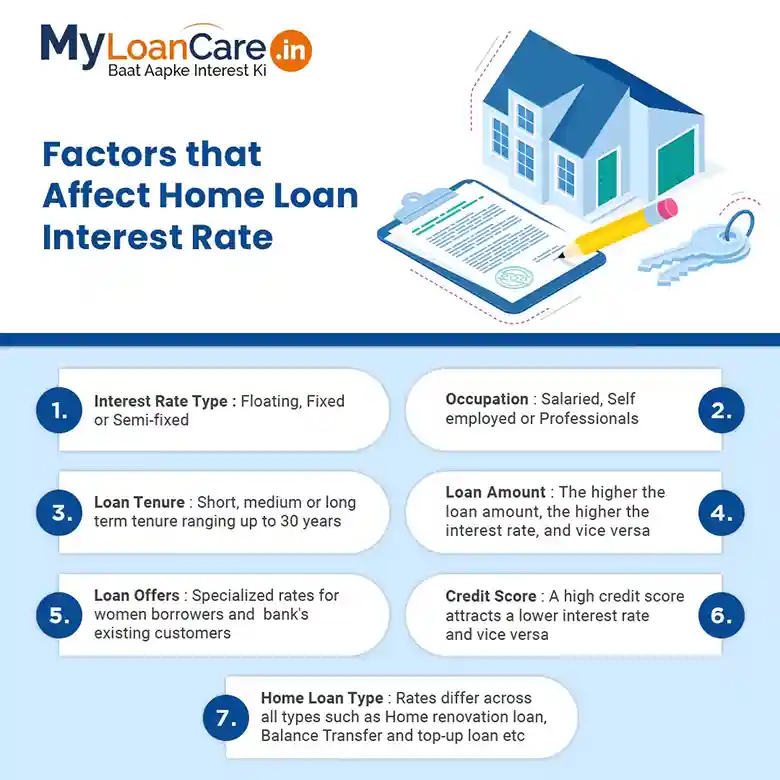Taking out a reverse home loan is a huge decision, considering that you may not have the ability to leave this loan without selling your house to pay off the debt. You likewise need to carefully consider your choices to prevent utilizing up all the equity you have actually constructed up in your house.
Reverse home mortgages typically are not used for vacations or other "enjoyable" things. The fact is that a lot of borrowers use their loans for immediate or pressing financial needs, such as settling their existing mortgage or other financial obligations. Or they might consider these loans to supplement their regular monthly earnings, so they can pay for to continue living in their own house longer. Adjustables have five payment alternatives: Set month-to-month payments so long as you or your eligible spouse stay in the home Set regular monthly payments for a fixed period Unspecified payments when you require them, till you've exhausted your funds A line of credit and set monthly payments for as long as you or your eligible partner live in the house A line of credit and set monthly payments for a set duration of your selecting To request a reverse mortgage, you should satisfy the following FHA requirements: You're 62 or older You and/or a qualified partner who should be named as such on the loan even if he or she is not a co-borrower reside in the house as your primary residence You have no overdue federal financial obligations You own your home outright or have a considerable amount of equity in it You go to the obligatory therapy session with a home equity conversion mortgages (HECM) counselor approved by the Department of Real Estate and Urban Advancement Your house meets all FHA residential or commercial property standards and flood requirements You continue paying all real estate tax, house owners insurance coverage and other household upkeep charges as long as you live in the home Before issuing a reverse mortgage, a loan provider will inspect your credit history, confirm your regular monthly income versus your monthly monetary responsibilities and order an appraisal on your home.
Nearly all reverse home mortgages are released as home equity conversion home loans (HECMs), which are guaranteed by the Federal Real Estate Administration. HECMs include rigid loaning standards and a loan limit. If you think a reverse home loan may be best for you, discover an HECM therapist or call 800-569-4287 toll-free to find out more about this financing choice.
A reverse home loan makes it possible for house owners, especially those who are of retirement age, to borrow against the equity in their houses. One benefit of a reverse home mortgage is that loan providers do not usually have minimum income or credit rating requirements, which can assist house owners wanting to cover living costs. However a reverse mortgage includes numerous disadvantages, such as in advance and ongoing expenses, a variable rate of interest, an ever-rising loan balance and a decrease in home equity.
As its name suggests, a reverse home mortgage is the reverse of a conventional mortgage loan. With a reverse home loan, you do not borrow cash to buy a home; rather, you tap into the equity of your house to secure a loan. A reverse mortgage is indicated for property owners who have actually settled their home loan or who have actually built up a lot of house equity.
One of the upsides of a reverse mortgage is that lenders typically don't impose income or credit requirements. Proceeds from a reverse mortgage are normally tax-free, and not a cent of the loan needs to be repaid if the borrower remains in the house, pays real estate tax and property owners insurance, and covers upkeep expenditures.
The Basic Principles Of What Was The Impact Of Subprime Mortgages On The Economy
Those situations trigger the requirement for you, your spouse or your estate to repay the loan. 3 kinds of reverse home mortgages are available: Single-purpose reverse home mortgage: These loans, readily available from federal government firms and nonprofit groups, are designed for just one function described by the loan provider. For circumstances, someone may utilize profits from a single-purpose reverse mortgage to deal with a house enhancement job or pay real estate tax.


Exclusive reverse home loan: Proprietary reverse mortgages, readily available from private loan providers, offer more flexibility than single-purpose reverse home loans. Unlike single-purpose reverse home mortgages, exclusive reverse home loans generally do not included constraints on how you can spend the profits. This alternative can be particularly attractive to owners whose houses bring high values and who wish to obtain a substantial sum of timeshare value cash - what types of mortgages are there.
An HECM, insured by the Federal Real Estate Administration (FHA), is the most common type of reverse mortgage. As of 2020, the HECM borrowing limit was $765,600. Although proceeds from an HECM can be used for any function, some house owners may not qualify due to certain constraints. These loans are readily available only to house owners who are at least 62 years of ages.
Those consist of:: Similar to a conventional home loan, a lending institution typically charges numerous charges when you secure a reverse home loan. Those can include a home mortgage insurance Home page coverage premium, an origination fee, a servicing cost and third-party costs. For an HCEM, the initial mortgage insurance coverage premium is 2% of the loan quantity; on top of that, you'll pay a yearly home mortgage premium of 0.
You'll also pay an origination cost of $2,500 or 2% of the very first $200,000 of your home value (whichever is greater), plus 1% of the quantity exceeding $200,000; origination fees can not surpass $6,000.: Most reverse mortgages have variable interest rates, meaning the rates of interest that identifies how much is contributed to your loan balance monthly varies throughout the life of the loan.: Interest paid on a reverse mortgage can't be subtracted on your annual income tax return till the loan is paid off.: A reverse mortgage can siphon equity timeshare vacation from your house, leading to a lower property value for you and your heirs.: If your home isn't in excellent shape, you might need to make repairs prior to you can receive a reverse mortgage.: Aside from when a homeowner passes away or leaves, the reverse home mortgage loan might require to be repaid faster than expected if the owner stops working to pay real estate tax or house owners insurance coverage, or if the owner isn't keeping up with house maintenance.
In addition to its drawbacks, there are 3 examples of when a reverse mortgage may be absolutely out of the question: You wish to move fairly soon. Timing is necessary when it comes to securing a reverse mortgage. If you're wanting to move in the next couple of years, it may not be wise to saddle yourself with a reverse home mortgage.